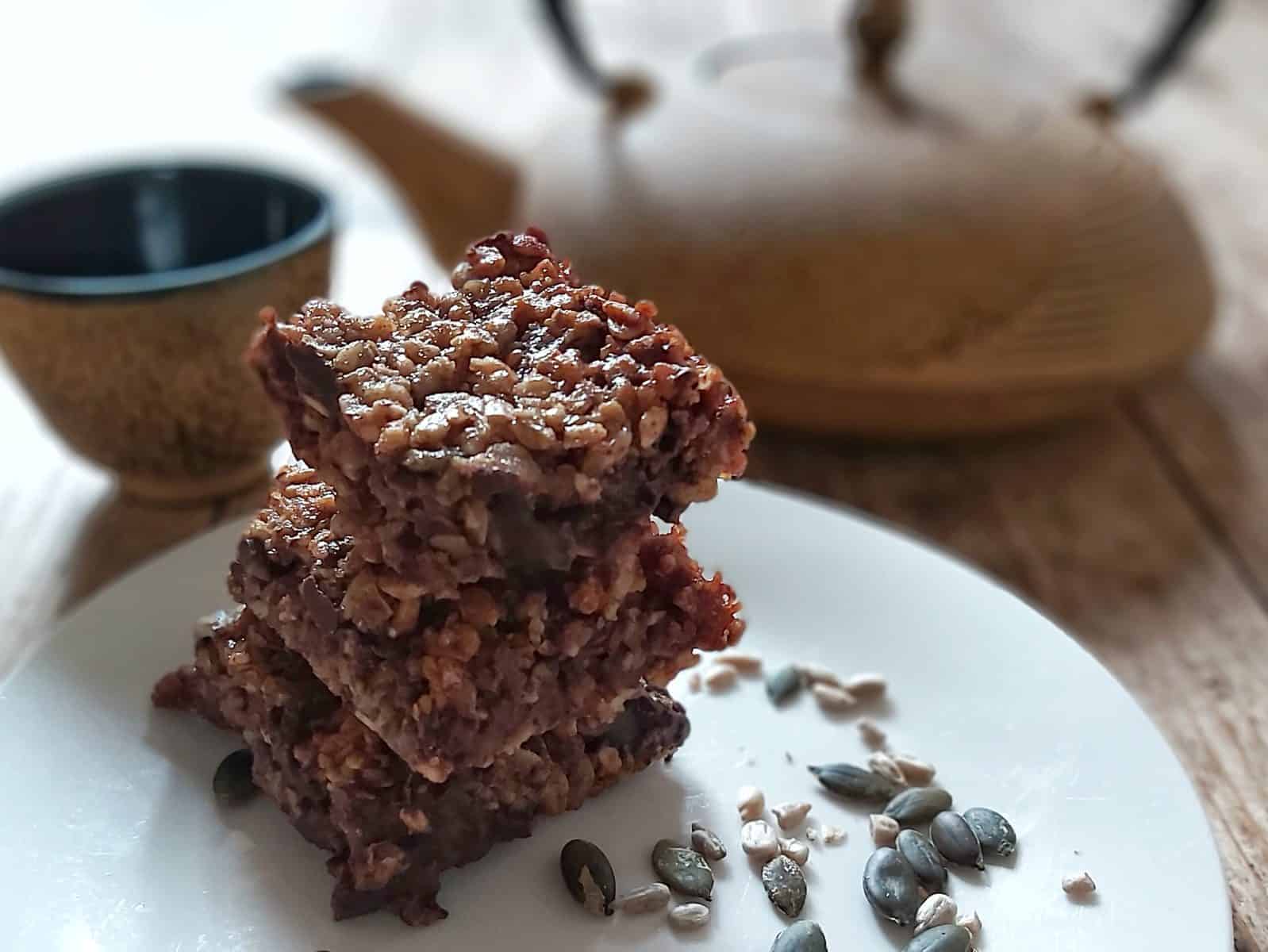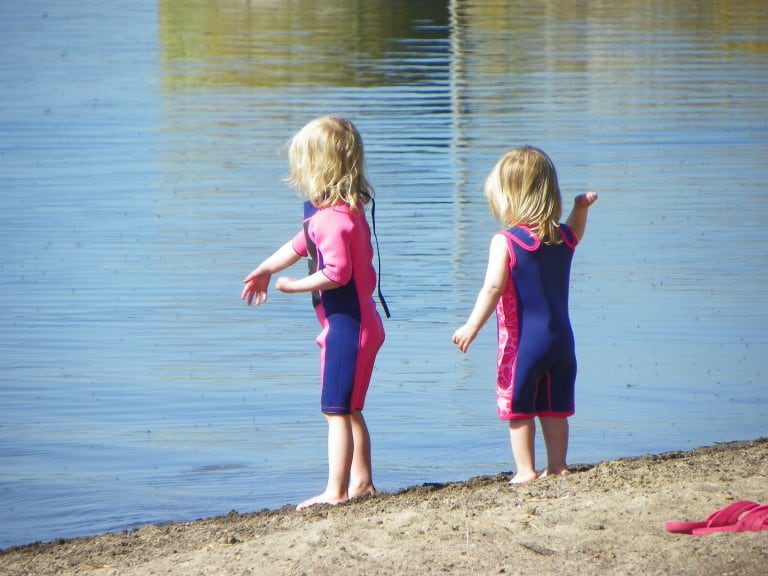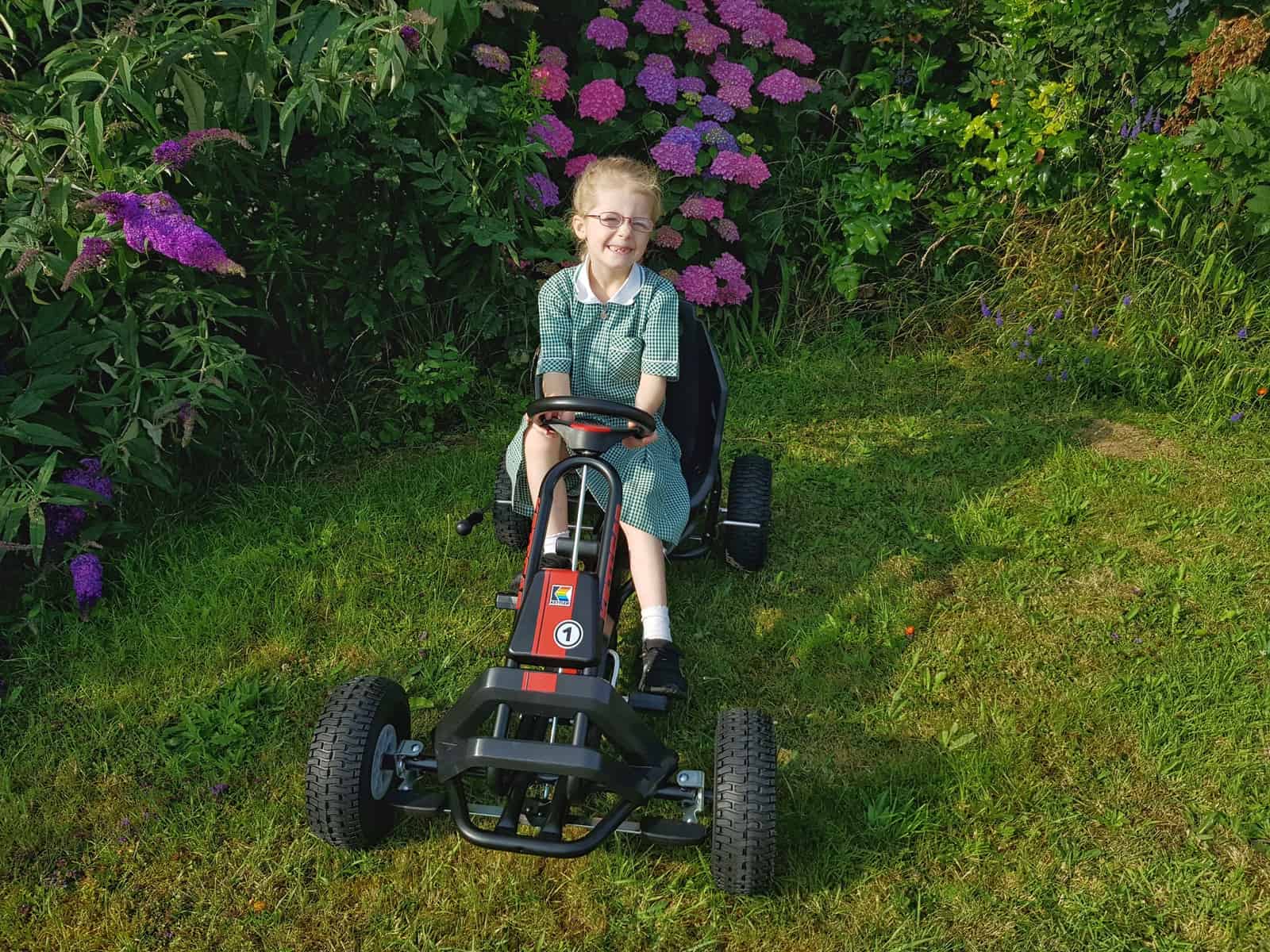9 ways to make your house more eco friendly [AD]
These days, most of us are becoming more aware of our responsibility to care for the environment. Whilst cutting back on air travel and reducing vehicle use is a great option, there are also loads of things we can do at home. So, here are 9 ways to make your house more eco-friendly. I’m pretty sure none of us will manage to do all of them. But if we all take one, small step towards improving our own impact then it will soon add up.

Make your home more eco friendly by reducing waste
Any kind of waste is terrible for the environment. Recycling is of course better than throwing things away, but if you can avoid the waste in the first place that’s even better. Some simple changes that are really helpful include:
- Avoid bottled water and turn on the tap. According to the Guardian, bottled water is both harmful to the environment and less safe to drink.
- Meal plan to reduce food waste
- Use reusable wipes instead of disposable baby wipes or kitchen towel
- Opt out of junk mail and paper bills
- Buy food without packaging or use as little as possible
- Use refill shops to top up containers rather than buying new ones
- Use reusable containers or wax wraps instead of clingfilm or foil
- Carry a reusable cup rather than getting a disposable one for your coffee
Small changes to your food choices add up
What we eat has a huge impact on the environment. As well as the waste it creates, the food itself can be doing a lot of harm. These simple changes will make a huge difference.
- Reduce your meat consumption. Even just going veggie one day a week reduces your carbon foot print.
- Check for palm oil in your food and avoid it. The impacts of palm oil on the rainforest are horrendous and the more we can avoid it the better.
- Avoid processed foods where possible. Processing, packaging and transport all increase the environmental impact of processed foods.
- Eat seasonally to reduce the carbon footprint of your food by eating locally sourced food rather than things shipped in from elsewhere.
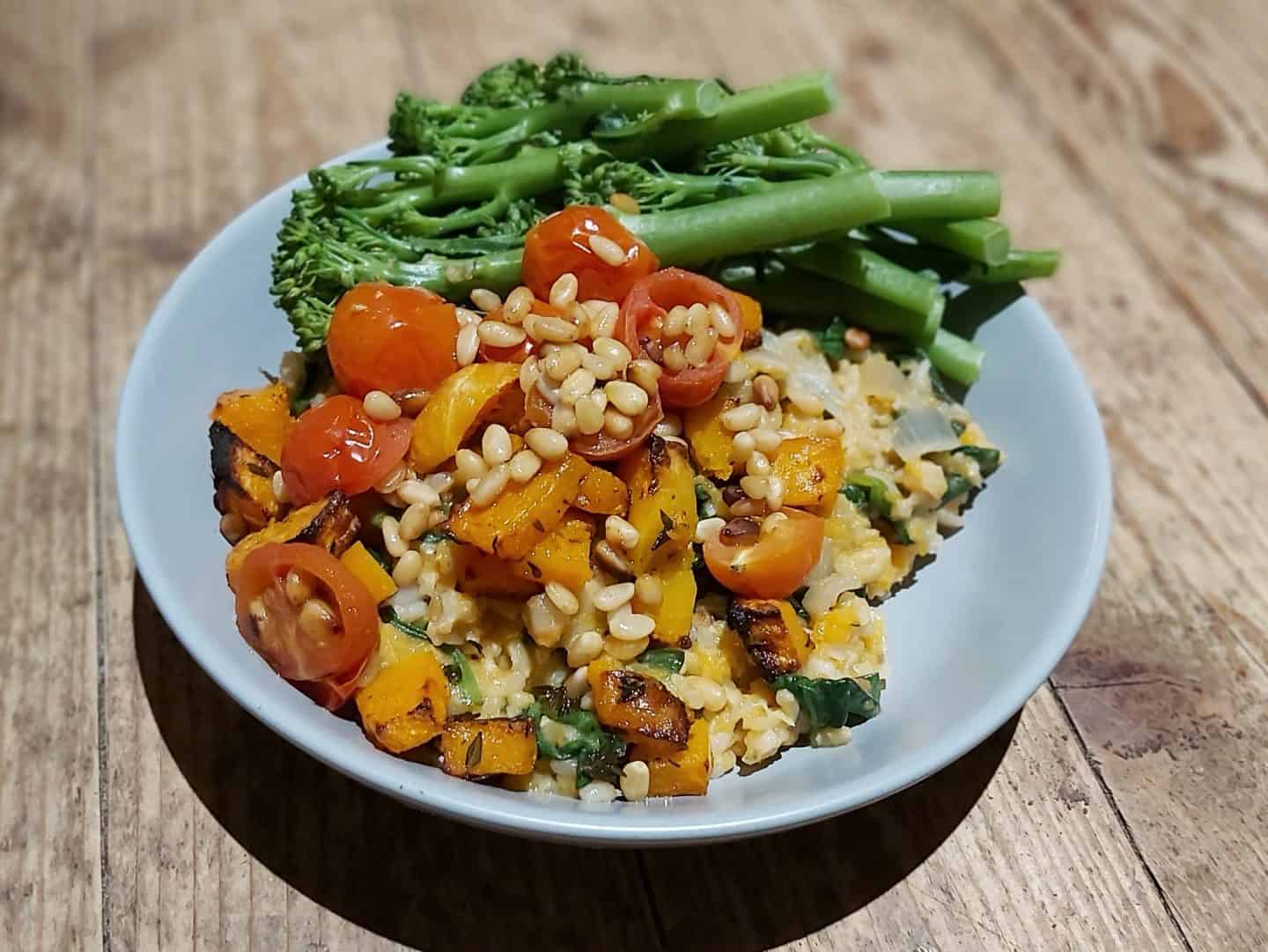
Help avoid global warming with your heating
It is a well known fact that turning the temperature down in by just one degree can make your house more eco-friendly. But what else can you do to ensure that your heating isn’t bad for the environment?
- Upgrade to an energy efficient boiler and heating system
- Turn down the temperature
- Use a timer so the house isn’t heated when you’re not in it
- Put a jumper on rather than turn the temperature up
- Turn the heating off completely in warmer months
- Use room thermostats for extra control or turn off radiators in rooms you are not using
Insulation for a greener house
In conjunction with an efficient heating system, good home insulation will reduce your carbon footprint. Most of us think about insulation as scratchy foam in the loft, but there’s quite a lot more to it than that.
- Double glazing is really important to retain heat in your home. A good double glazing company will help you to replace windows, doors, conservatories and glass roofs to stop heat from escaping.
- Insulate your walls. Both cavity and solid walls can be insulated to save you money on your heating bills as well as helping the environment.
- Roof insulation can consist of warm loft (just below the roof) or cold loft (immediately above the ceiling).
- Floor insulation can be expensive but a good alternative is to use good quality carpets and rugs.
Reduce water use to become a more environmentally friendly homeowner
According to Friends of the Earth, we will face water shortages in the UK by 2050 if we don’t take drastic action to save water. Here are a few ways we can all do our bit.
- Fix leaks
- Turn off taps when brushing your teeth
- Set a shower timer to make sure you’re not in there too long
- Wait until you have a full load before starting the washing machine or dishwasher
- Get a low-flush toilet or a water saving bag for your current toilet
- Only boil the water you will use
- Catch rainwater to use on your garden and avoid using a hosepipe
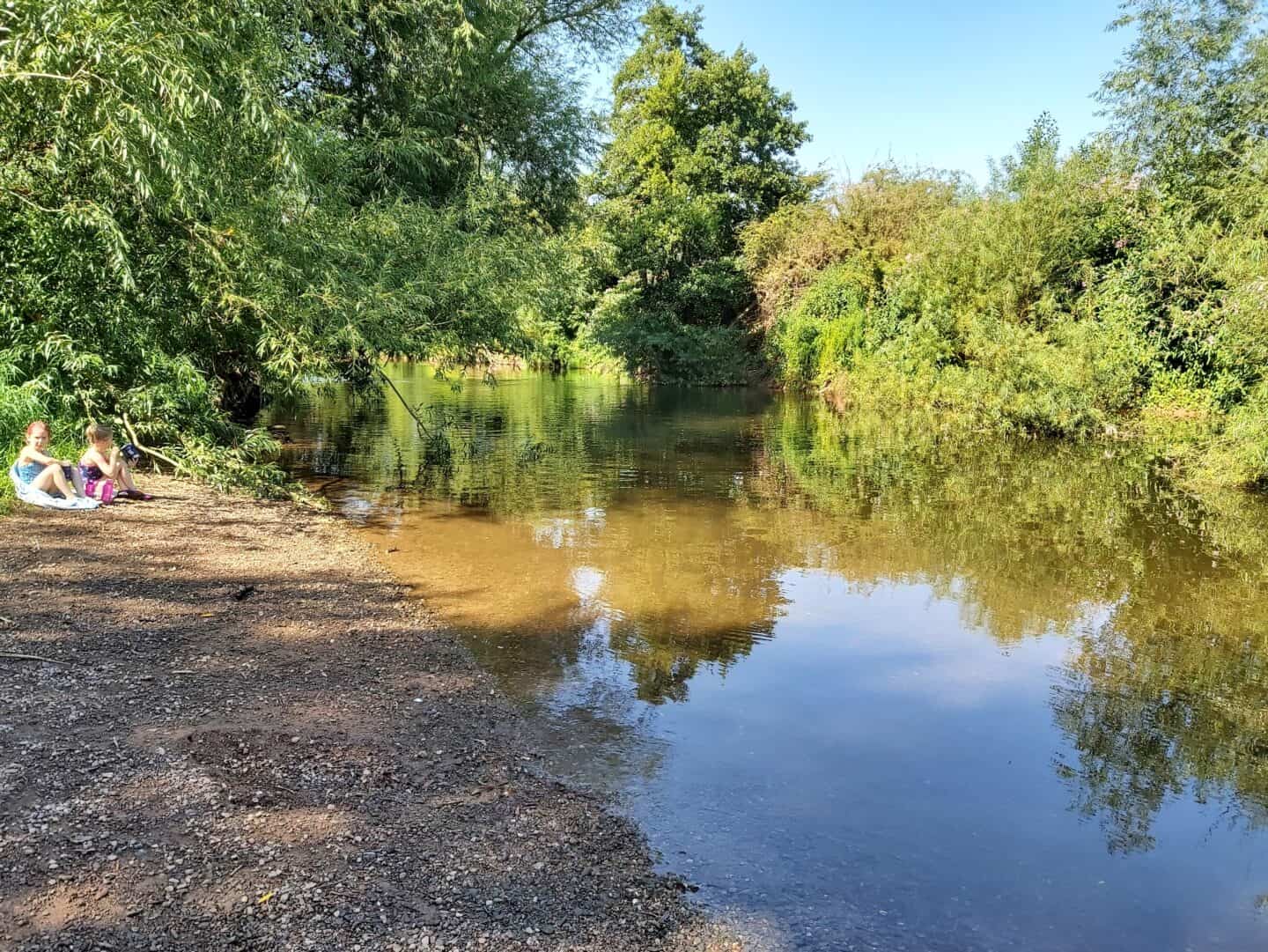
Think about electricity use to reduce your carbon footprint
I sometimes wonder whether I am the only person in my house who is capable of switching off a light. But it’s important, and it’s not the only way to save electricity.
- Make sure the only light you leave on is the one in the room you are using and don’t use them at all when daylight is enough
- Switch to a green energy provider
- Unplug unused or fully charged electronics
- Switch from a desktop computer to a laptop
- Use a washing line or clothes airer to dry clothes instead of a tumble drier
- Use a toaster or slow cooker instead of the oven where possible
Can you become more eco friendly by shopping smarter?
There are so many ways we can become more environmentally friendly by changing the way we shop. Here are a few.
- Shop local to support local businesses and save on fuel and delivery charges
- Always remember reusable bags
- Grab a bargain and save the planet by buying second hand where possible, it’s amazing what you can find in charity shops
- Know about the ethical credentials of your favourite brands and vote with your wallet if companies are letting you down
Make the most of your garden to make your household more eco friendly
If shopping local is beneficial to the environment, growing food in your own garden is even better. Here are a few easy foods to grow that your family will love.
- Cut and come again salad is a great thing to grow because you just take what you need and the plant carries on growing
- Herbs are a lovely thing to grow in the garden all year round to save money and reduce waste
- Bean plants grow upwards so they take up little ground space
- If you are not green fingered, courgettes are a no-fail crop
- Cucumbers and tomatoes can be grown on windowsills or in gardens as well as in the greenhouse
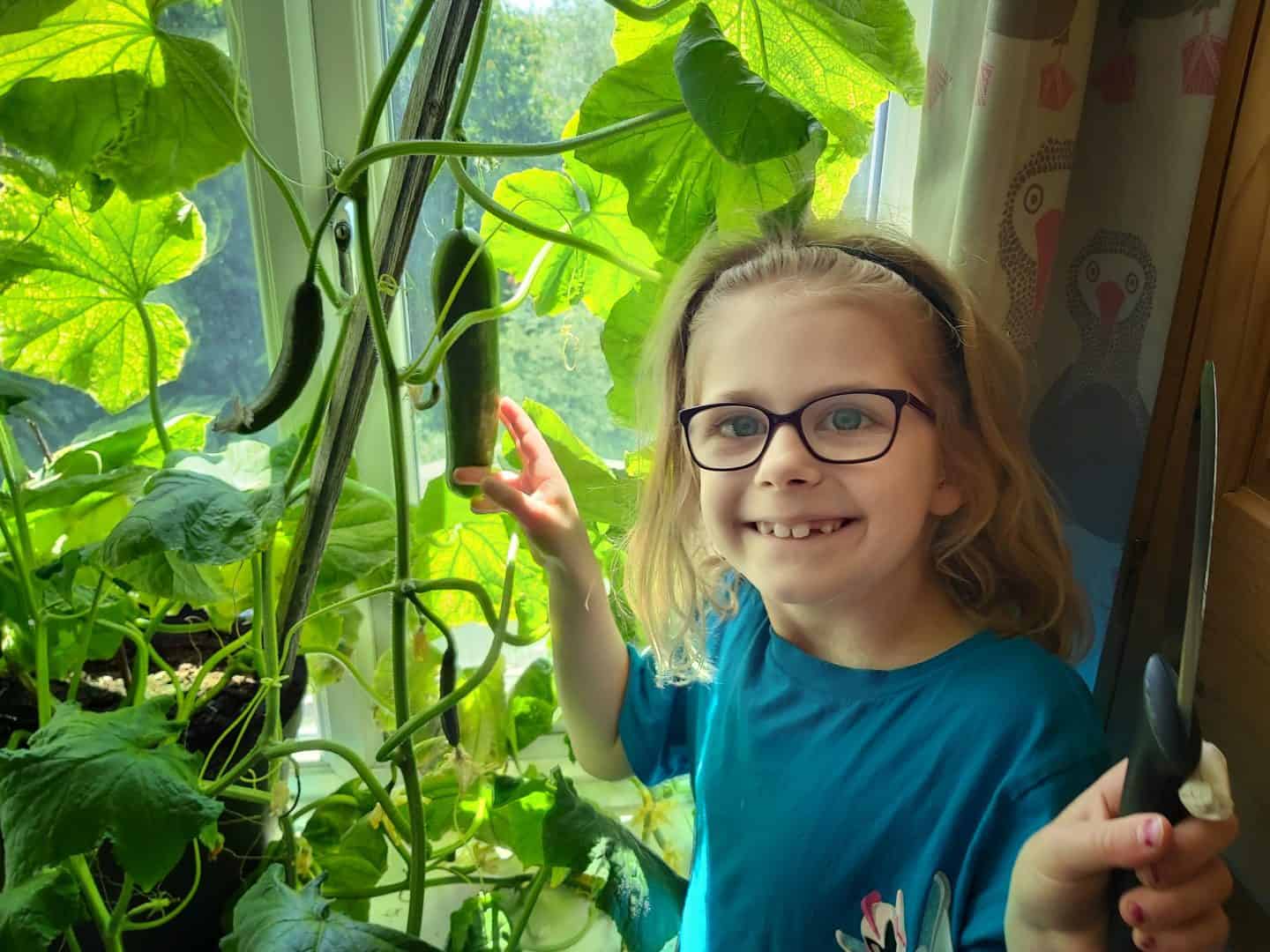
Use eco friendly cleaning products in your home
There are many benefits to using eco friendly cleaning products. It will benefit your family as well as the environment so here are a few easy swaps.
- Clean the oven with white vinegar and bicarb instead of an oven cleaner full of chemicals
- Diluted white vinegar can also be used to clean windows and other surfaces
- Use reusable cloths rather than disposable wipes
- Use an eco-friendly bleach alternative and ditch bleach from your home
- Refill cleaning containers rather than buying a new container every time


